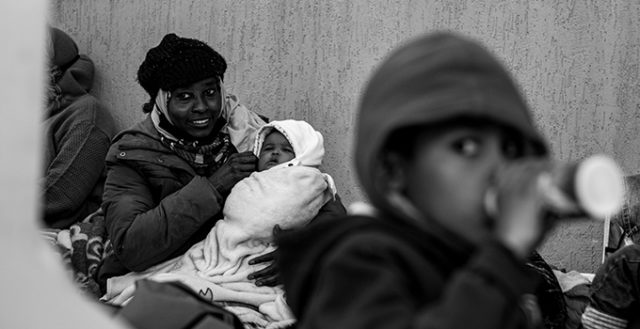Since the beginning of February, the EU’s revamped strategy to reduce the number of migrants arriving on European shores has suscitated fervent reactions from south to north of the Mediterranean. On February 3, European Council members met in La Valetta, Malta, where they signed a declaration committing to « step up our work with Libya as the main country of departure as well as with its North African and sub-Saharan neighbors. » On the heels of the summit, the Tunisian government has, more or less, followed the lead of its European partners, having been promised sizeable economic packages in exchange for cooperation in curbing the human flow across the Mediterranean.









